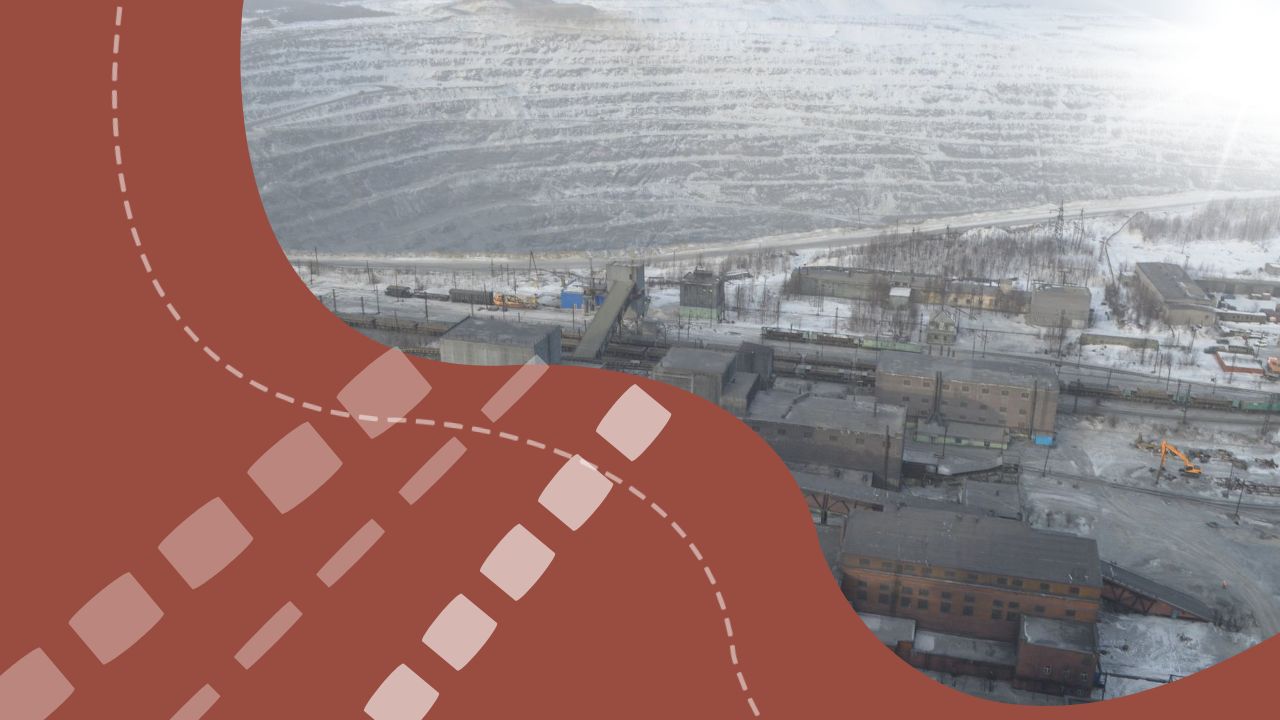In a recent development reported by Orda.kz, it has been announced that a bill has been adopted in the Majilis on September 13th, granting subsoil users in Kazakhstan the right to refuse unproductive drilling of wells without facing any penalty sanctions. This provision is part of the draft law “On Amendments and Additions to the Code of the Republic of Kazakhstan on Subsoil and Subsoil Use,” which aims to enhance the field of subsoil use and increase the investment attractiveness of projects in geological exploration and hydrocarbon extraction.
One of the key innovations of this bill is the empowerment of subsoil users to decline unproductive drilling based on the results of seismic surveys, without facing any penalties imposed by the state. Additionally, the bill introduces an expedited transition to geological exploration work, incorporating a notification procedure for project development and streamlining administrative procedures for subsoil operations, including state examinations of project documents in the hydrocarbon sector. Deputy Duysenbai Turganov elaborated on these changes, highlighting their significance in optimizing the subsoil use sector.
The bill, as a whole, aims to achieve the following objectives:
Reducing the duration of various examinations by 8-12 months.
Decreasing administrative costs for procedures by more than two times, from 120 to 50 days.
Enhancing investment attractiveness.
President Kassym-Jomart Tokayev previously emphasized that the subsoil use sector in Kazakhstan has been plagued by systemic issues accumulated over the past decades. The insufficient volume of geological exploration work hinders the realization of the mining industry’s full potential, while the pace of replenishing the mineral and raw material base has been slowing down. These challenges have emerged alongside the depletion of exploited subsoil resources.

